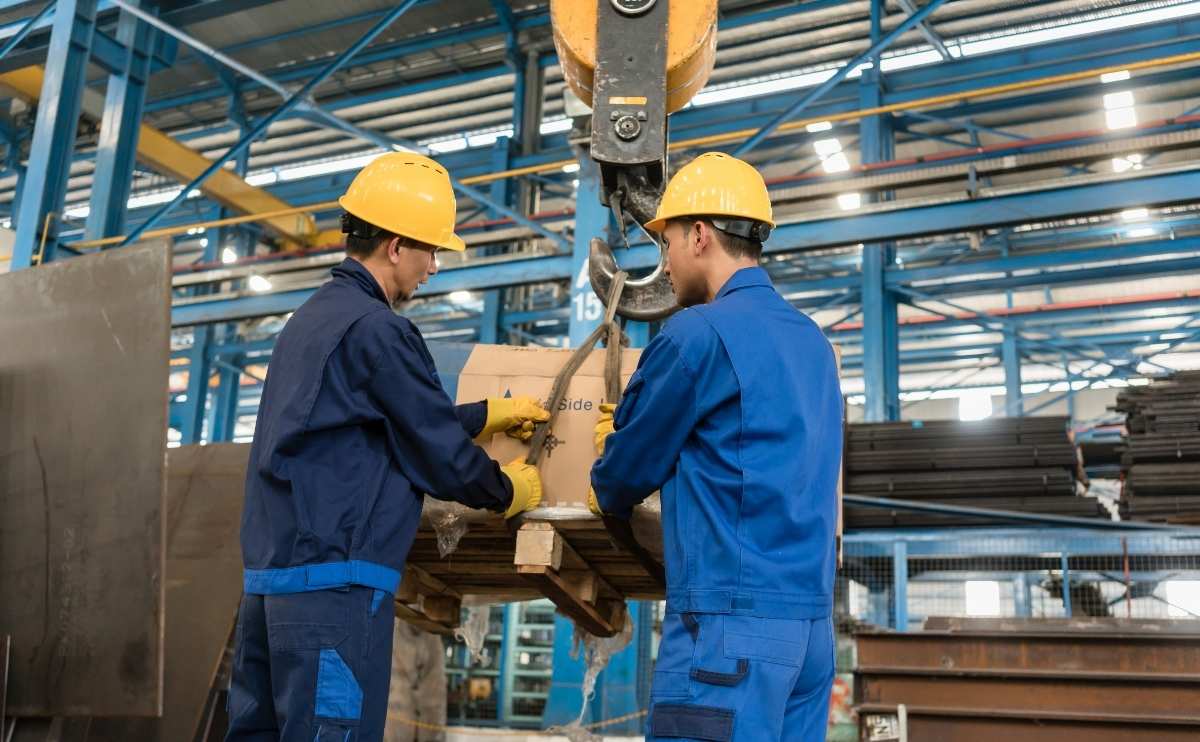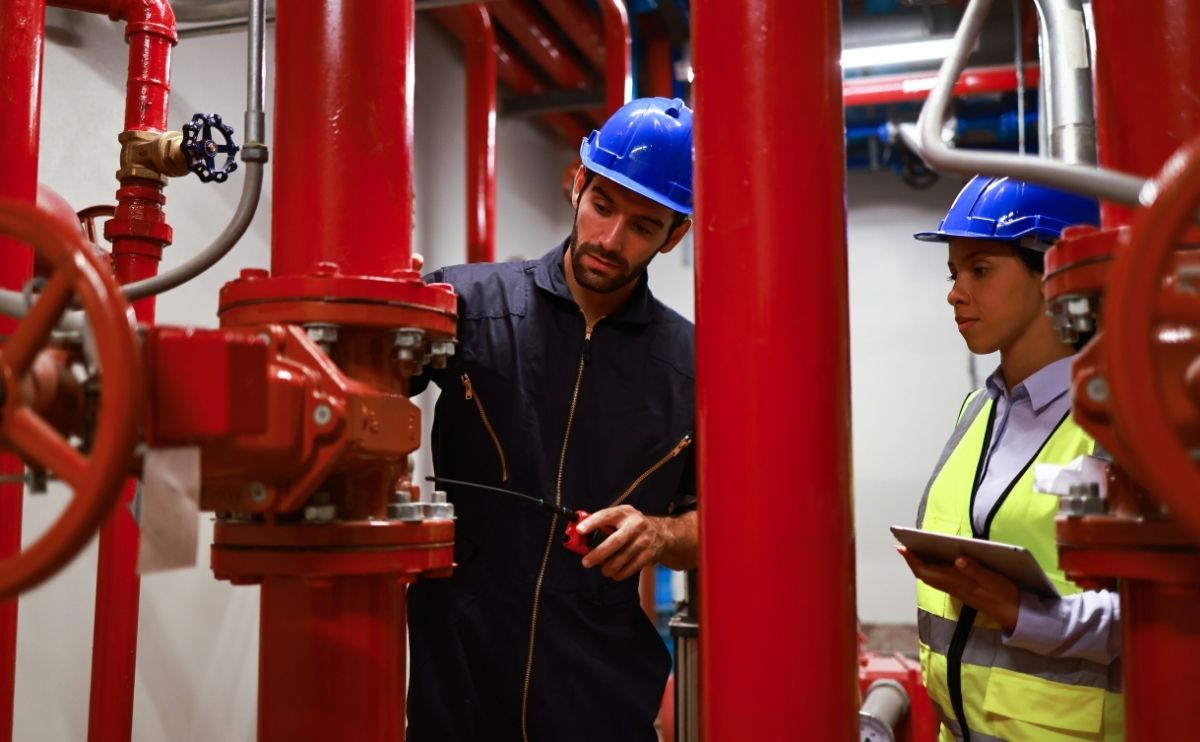Introduction
Bio-Fuel Equipment is revolutionizing the energy sector as the global demand for renewable energy continues to grow. Industries and governments are increasingly looking toward sustainable solutions, and biofuel, derived from organic materials like plants and animal waste, has emerged as a promising alternative to fossil fuels. Advanced biofuel equipment, including industrial heat exchangers, pumps, and piping solutions, plays a crucial role in making biofuel production more efficient, sustainable, and scalable. In this article, we’ll explore how biofuel equipment is reshaping the energy landscape and paving the way for a cleaner, greener future.
The Role of Bio-Fuel in Renewable Energy
Bio-Fuel Equipment plays a vital role in utilizing bio-fuel as a renewable, carbon-neutral energy source that reduces reliance on fossil fuels. Unlike solar and wind power, bio-fuel can be produced continuously, making it an attractive option for industries that require consistent energy output. By investing in bio-fuel equipment, industries can contribute to reducing greenhouse gas emissions and promoting sustainability.
Key Equipment in Biofuel Production
- Heat Exchangers
Heat exchangers play a vital role in bio-fuel processing by enabling efficient heat transfer, which is essential for converting organic matter into usable fuel. Shell and tube, as well as plate heat exchangers, are commonly used to regulate the temperature of bio-fuel during production. If you’re considering which heat exchanger is best suited for your processes, read Choosing the Right Heat Exchanger for Your Industry for guidance. By optimizing heat transfer, these exchangers improve energy efficiency, reduce operational costs, and minimize environmental impact.- Why It’s Important: Heat exchangers help in conserving energy by transferring heat within the system, leading to lower fuel consumption and reduced emissions.
- Industrial Pumps
Industrial pumps are critical for transporting bio-fuel through various stages of production, from initial processing to storage and distribution. Bio-fuel equipment often includes high-pressure pumps to handle thick, viscous materials and corrosive compounds. Selecting the right pump type, whether centrifugal or positive displacement, is crucial for maintaining the integrity and flow of bio-fuel.- Why It’s Important: Pumps enable seamless transfer of bio-fuel, ensuring consistent production rates and reducing downtime in operations.
- Piping Solutions
Piping solutions are designed to handle the rigorous demands of bio-fuel production, including the movement of high-temperature fluids and corrosive materials. Stainless steel and alloy pipes are popular choices due to their durability and resistance to corrosion. Properly designed piping layouts help improve energy efficiency and reduce leakage, which is essential for maintaining bio-fuel purity.- Why It’s Important: Efficient piping systems reduce waste, increase energy efficiency, and ensure safe transportation of bio-fuel within facilities.
These functions make heat exchangers invaluable for ensuring stable, efficient water treatment processes. Additionally, Bio-Fuel Equipment integrates these key components to enhance the overall production process, contributing to a sustainable and efficient energy solution.
How Biofuel Equipment Supports Sustainability
- Energy Efficiency
Biofuel equipment is engineered to maximize energy efficiency. By using advanced heat exchangers and pumps, bio-fuel plants can lower energy consumption, resulting in cost savings and a smaller carbon footprint. Efficient energy use is a core principle of sustainable manufacturing, and bio-fuel equipment is designed to align with these goals. - Reduced Carbon Emissions
Bio-fuels are considered carbon-neutral because the CO₂ they release when burned is offset by the CO₂ absorbed during the growth of the biomass used to produce them. Advanced bio-fuel equipment further enhances this benefit by optimizing the production process, thereby reducing the overall emissions generated during manufacturing. - Waste Reduction
Many biofuel facilities are adopting circular economy practices, where waste products are reused in the production process. For example, waste heat from biofuel production can be reused to preheat incoming material, increasing the efficiency of heat exchangers and cutting down on energy costs. Efficient equipment helps in minimizing waste and makes biofuel production more sustainable.
Innovations in Bio-Fuel Equipment Technology
- Smart Monitoring and Control Systems
Modern biofuel equipment is integrated with smart monitoring systems that allow for real-time tracking of temperature, pressure, and flow rates. These systems optimize production by adjusting variables to maintain optimal conditions, reducing the likelihood of equipment failure, and minimizing energy waste. - Advanced Materials
Biofuel production can be harsh on equipment due to the corrosive nature of biomass and the high temperatures involved. Manufacturers are now using materials like stainless steel alloys and composite materials that resist corrosion and wear, extending the lifespan of equipment and reducing the need for replacements. - Compact and Modular Designs
With space constraints in mind, modern biofuel equipment is often designed to be compact and modular, allowing easy integration into existing industrial setups. This design flexibility helps industries to adopt bio-fuel technology without extensive modifications to their infrastructure.
Challenges in Biofuel Equipment Implementation
- High Initial Costs
Investing in biofuel equipment requires a significant upfront investment, which can be a barrier for small to medium-sized industries. However, the long-term benefits of energy savings and reduced emissions often outweigh these initial costs. - Maintenance Requirements
Biofuel equipment, especially heat exchangers and pumps, requires regular maintenance to ensure efficient operation. For industries transitioning to biofuel, understanding these maintenance needs is essential to prevent unexpected downtime. - Integration with Existing Systems
Retrofitting existing systems with biofuel equipment can be challenging, particularly in older industrial plants. However, modular and scalable equipment designs are making it easier for facilities to incorporate biofuel technology without major overhauls.
Conclusion
Bio-Fuel Equipment is transforming the way industries approach energy production by providing a sustainable alternative to fossil fuels. With advancements in heat exchangers, pumps, and piping solutions, bio-fuel equipment enables biofuel plants to achieve greater efficiency, lower emissions, and reduced costs. As industries increasingly adopt bio-fuel technology, they are contributing to a greener, more sustainable future. By investing in the right equipment, companies can stay competitive and align with global sustainability goals, making biofuel a vital part of the energy landscape.




